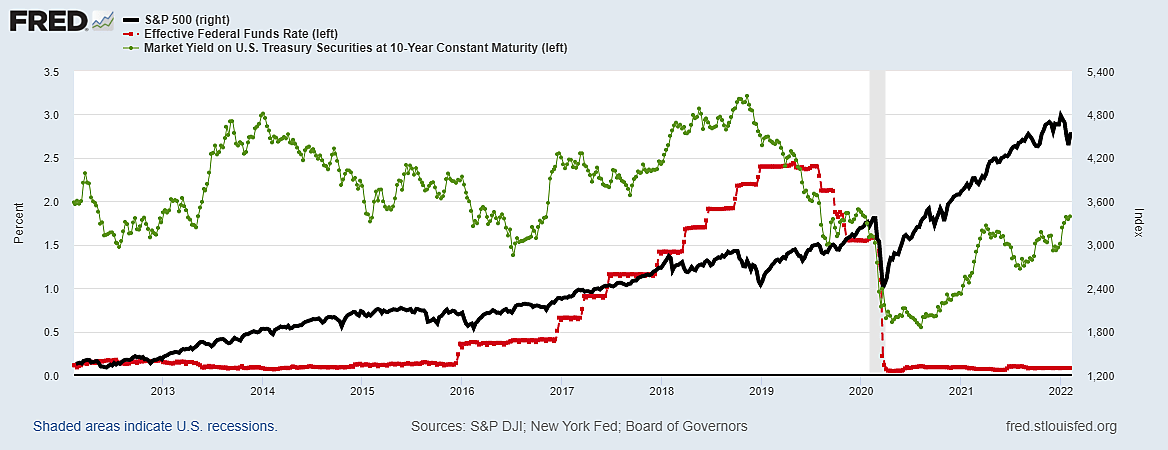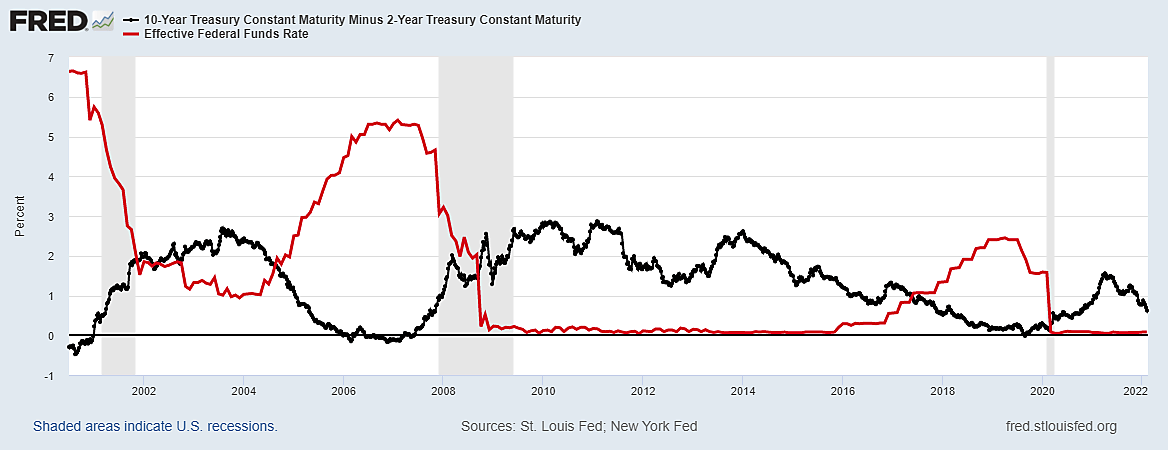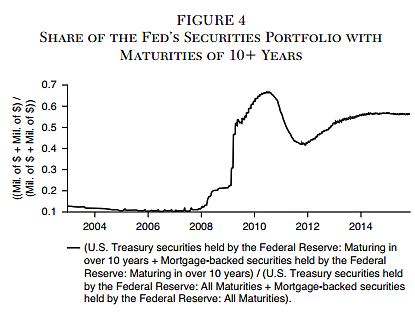“Never let a good crisis go to waste.” – Winston Churchill
Without missing a step, U.S. politicians have been beating the drums of war to parade their own agendas. Namely, Senate Democrats have been raising the alarm about cryptocurrencies being used to evade sanctions. The claim could not be further from the truth.
In a letter to Treasury Secretary Janet Yellen (and on social media), the lawmakers asserted that, “criminals, rogue states, and other actors may use digital assets and alternative payment platforms as a new means to hide cross-border transactions for nefarious purposes.” In other words, they are arguing that “cryptocurrencies risk undermining sanctions against Russia.”
Before addressing the issue itself, it’s worth noting that the letter to Yellen came days after officials from the U.S. Treasury Department told Politico,
[We] aren’t overly worried about crypto undermining the effort to choke off the Kremlin’s access to capital. Laundering large amounts of money through a dizzying array of digital wallets and exchanges is expensive, time-consuming and would likely be visible in the broader crypto market, given the massive investment portfolios of individuals and institutions named in the sanctions.
In fact, Cato’s Matthew Feeney addressed that very issue as well when he wrote,
An oligarch who does manage to buy cryptocurrencies on an exchange with fiat could seek to throw investigators off their trail by sending their holdings to a tumbler. But these are not without significant drawbacks, and some exchanges do not allow assets that have been through tumblers to enter their platform.
In other words, it’s likely that the panicked oligarchs will be able to do little more than lose money and isolate themselves further if they try to go this route.
There is certainly a steep learning curve involved with cryptocurrencies and decoding the associated terms. But it does not take a full-scale investigation to understand the fact of the matter: Cryptocurrencies are far from the “get out of jail free” card that opportunists are making them out to be.
How Sanctions Affect Cryptocurrencies
For anyone still unconvinced, it might be helpful to dig a bit deeper into how the sanctions work and how they affect the crypto-economy.
Sanctions are often spoken of as if they are sweeping bans across an entire country, but the reality is a little more nuanced than that. Currently, the sanctions that have been set forth are targeted on specific Russian individuals and companies, not the entirety of Russia’s 144 million people. (Though they may be limited in terms of direct targets, it is important to note that the sanctions do in fact affect Russia’s citizens broadly as the economy continues to collapse.)
The data does show that Russians have been rushing to buy cryptocurrencies, but it seems much more likely that this activity is based on the millions of ordinary citizens that are desperately trying to preserve their wealth. As the following chart shows, the trading volume between the ruble and bitcoin hit a nine-month high at nearly 1.5 million rubles. Yet that is equal to just 13,911 dollars––which is clearly not a Russian billionaire moving all of their money.
As for the handful of specific targets being sanctioned, moving from rubles to cryptocurrencies really won’t help them in the end. The sanctions make it illegal for U.S. citizens and companies to transact with those on the sanctions list. As Jake Chervinsky noted, “It doesn’t matter if they use dollars, gold, sea shells, or bitcoin.” It is still illegal.
Russian politicians and billionaires are welcome to try to use cryptocurrencies, but a transparent, public ledger that cannot be edited is a recipe for disaster for any criminal trying to hide their money. U.S. Attorney General Merrick Garland said, “We will leave no stone unturned in our efforts to investigate, arrest and prosecute those whose criminal acts enable the Russian government to continue this unjust war.” Cryptocurrencies may offer ordinary citizens the opportunity to escape the falling ruble, but those being sanctioned are in for a harsh reality check if they choose to use cryptocurrencies and leave an immutable paper trail on the blockchain. Such evidence is just what Garland and his fellow prosecutors need.
If lawmakers want to take away a lesson from cryptocurrencies during this war, let it be that the adoption of cryptocurrencies has brought on a system that can simultaneously undermine the bad guys, help people in need, and raise more than $28 million for the Ukrainian government during this time of crisis. Politicians should be singing cryptocurrency’s praises rather than demagoguing it.






